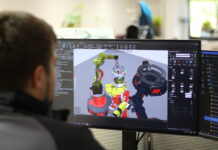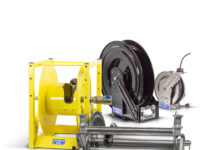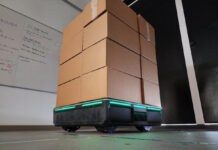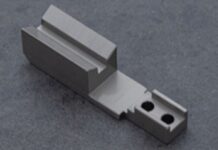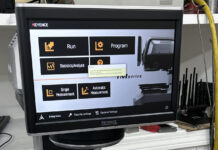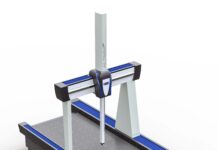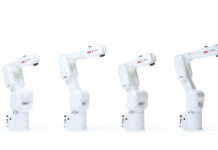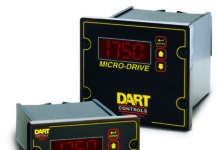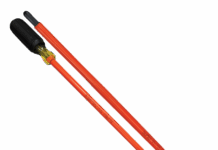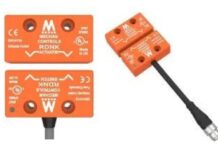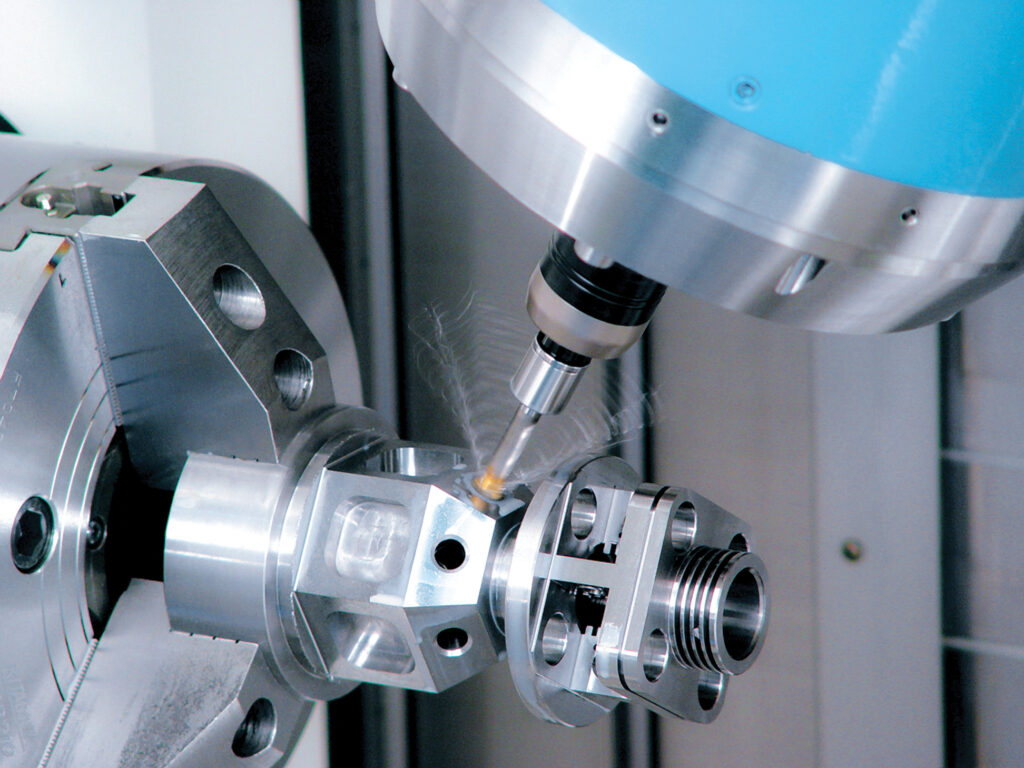 Heinz Kaiser founded his company in Switzerland in 1948 to provide tooling products throughout Europe. It launched U.S. operations in 1990, just three years before it was acquired by BIG DAISHOWA of Japan, which led to what is now known around the world as BIG KAISER Precision Tooling Inc., based in Hoffman Estates, Illinois.
Heinz Kaiser founded his company in Switzerland in 1948 to provide tooling products throughout Europe. It launched U.S. operations in 1990, just three years before it was acquired by BIG DAISHOWA of Japan, which led to what is now known around the world as BIG KAISER Precision Tooling Inc., based in Hoffman Estates, Illinois.
Propelled by the success of its boring tools, BIG KAISER now offers products in eight distinct categories:
Tool Holders
Cutting Tools
Boring Tools
Angle Heads & Speed Increasers
Workholding
Measuring Instruments
Turning Tools
Accessories
The products are manufactured by BIG DAISHOWA, Speroni, Innotool, Sphinx, Tekusa, and mptec, based throughout Europe and Asia, for which BIG KAISER is the authorized U.S. distributor, according to Jack Burley, president and COO.
“We are represented throughout North America by a network of dedicated territory managers and authorized sales professionals, but all of our products ship from our headquarters in Illinois,” he says, adding that the vast majority of its inventory consists of stock items, with only 5 percent or so requiring customization, allowing for quick order shipment from its 33,000 square-foot facility.
The efficiency of this operation is aided by leading-edge technologies tracking the movement of all products from the moment they enter the site until the day they are shipped. This system is constantly updated to ensure that necessary data is available in many forms, at any time.
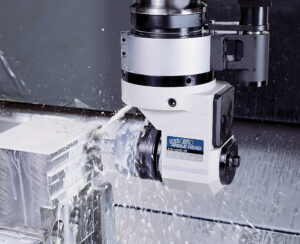 Another crucial element in BIG KAISER’s operational scheme is the relationship between its sales force and the engineers and technicians involved in R&D efforts. Sales gathers information collected from end-users about how products perform, how they could be improved, the particular challenges they face, etc., and this is reported to the R&D team for consideration – and possible implementation – into future design modifications. Being a global entity, these meetings are held virtually, which allows for quick and constant exchanges, as well as timely responses to customers’ input.
Another crucial element in BIG KAISER’s operational scheme is the relationship between its sales force and the engineers and technicians involved in R&D efforts. Sales gathers information collected from end-users about how products perform, how they could be improved, the particular challenges they face, etc., and this is reported to the R&D team for consideration – and possible implementation – into future design modifications. Being a global entity, these meetings are held virtually, which allows for quick and constant exchanges, as well as timely responses to customers’ input.
Digital communication has also allowed BIG KAISER to retain its role as a premium provider of educational opportunities to learn about all matters related to tooling. “We’ve long been known for hosting technical meetings at our campus here in Hoffman Estates, which were always well attended,” he says, “but times have changed, so we’ve changed as well.”
Luckily, the company’s website was already well-structured, informative, and easy to navigate before the pandemic, allowing the company to focus on content. “We started looking even more closely at what we were covering in our webinars, what we were discussing in our blog posts, what types of product demos we were putting on YouTube. We wanted to make sure that the resources we offered to the industry remained powerful and useful. And in terms of outreach to our current and potential customers, we were quick to explore communication pathways that were both effective and safe, so that we could minimize physical exposure while still providing the same service we’ve always been known for.”
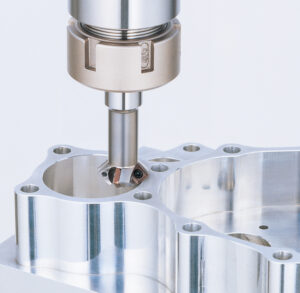 Looking back over some 30 years with BIG KAISER, Burley lists many things he’s proud of, and others that he’s excited about seeing in development. “I think one of our greatest successes has been the BIG-PLUS Spindle System, where the shank contacts the spindle taper and the spindle face simultaneously to provide increased tool rigidity, and which has been adopted by the vast majority of machine tool builders. What really excites me looking forward, though, is the digitalization of tooling, where there is true two-way communication between the tool and the controls.
Looking back over some 30 years with BIG KAISER, Burley lists many things he’s proud of, and others that he’s excited about seeing in development. “I think one of our greatest successes has been the BIG-PLUS Spindle System, where the shank contacts the spindle taper and the spindle face simultaneously to provide increased tool rigidity, and which has been adopted by the vast majority of machine tool builders. What really excites me looking forward, though, is the digitalization of tooling, where there is true two-way communication between the tool and the controls.
“When you have a tool telling the controller ‘I can do more,’ or ‘I’m about to fail if you don’t back off,’ that’s when manufacturers will really begin to benefit from this technology.”

